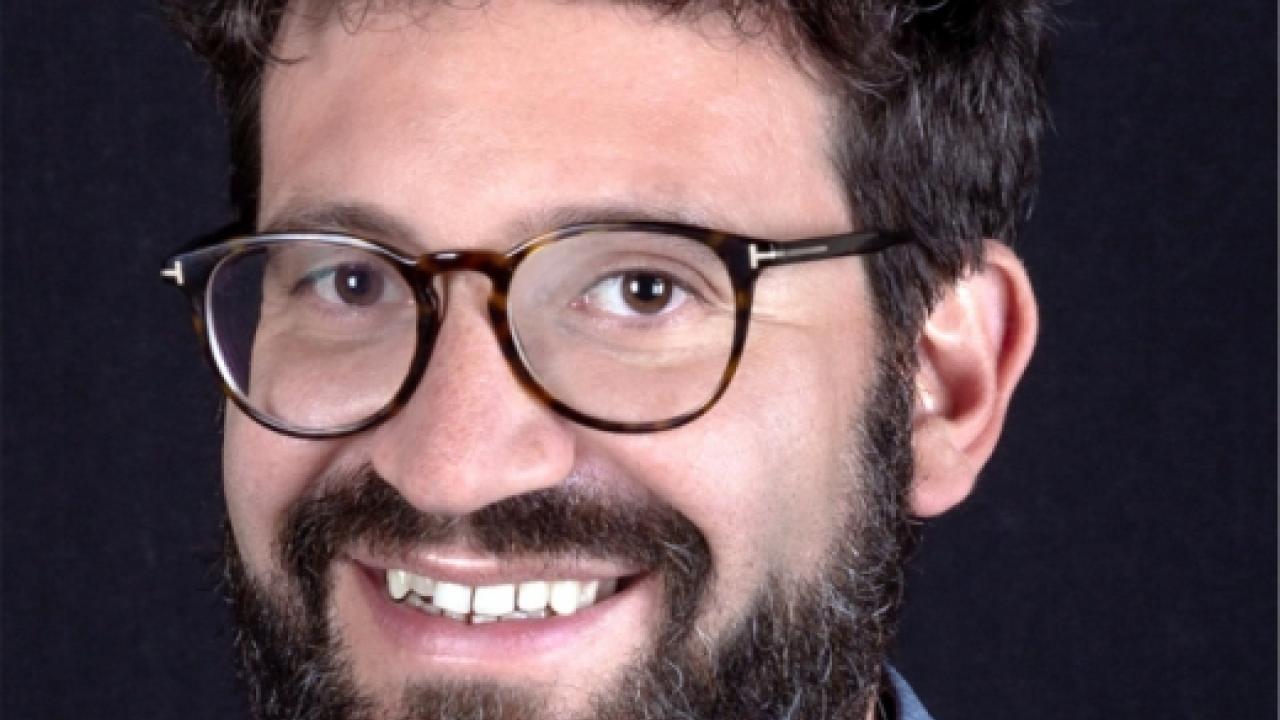
Event Date
MARCO CAPOGROSSO, PH.D.
Assistant Professor
RNEL Labs
Department of Neurological Surgery
University of Pittsburgh
Host: Sergey Stavisky, PhD, sstavisky@ucdavis.edu
This event has both in-person and remote options. Please follow the safety precautions in effect at the time of the event (link).
Registration link:
https://tinyurl.com/NeuroengJan23
Abstract
Spinal cord stimulation is gaining momentum as a potential new therapy for leg motor paralysis. In this talk we will discuss the neural mechanisms that enable the restoration of voluntary motor control. By leveraging this unique feature we then show how we are adapting this technology to the cervical spinal circuits to enable recovery of arm and hand movements in humans after paralysis. Finally, we will discuss the hypothesis that the observed motor effects are an emergent property of the integration of electrical stimulation in complex circuit processing.
Bio
Marco Capogrosso, PhD, is an assistant professor in the Department of Neurosurgery at University of Pittsburgh. He completed his doctoral studies in Biomedical Engineering and Robotics at the Scuola Superiore Sant’Anna in Pisa, Italy. His PhD work focused on the design of peripheral and central neural interfaces for sensory and motor applications.
Dr. Capogrosso completed his post-doctoral training at the Ecole Polytechnique Fédérale de Lausanne, Switzerland where he worked on the development of brain spinal interfaces for the restoration of voluntary motor control after spinal cord injury. Before joining the University of Pittsburgh, he was research faculty at the primate center of the University of Fribourg, Switzerland were he managed the multi-center Platform for Translational Neuroscience. Dr. Capogrosso's research interests broadly involve the study of the interactions between electrical stimulation and the dynamics of neural circuits. Specifically, he is interested in the design of neurotechnologies to restore sensory and motor function after neural damage or disease.
At the moment he is particularly focused on the development of neurotechnologies for the restoration of arm and hand functions after motor paralysis.
